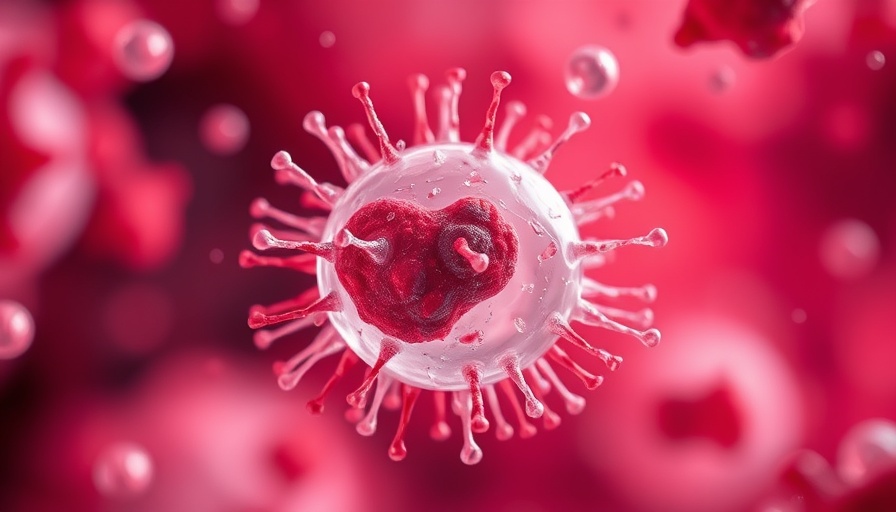
Antibiotics That Empower Pathogens: A Critical Concern
Common antibiotics, rather than merely eradicating infections, can unwittingly arm bacteria against our efforts to eliminate them. Recent research highlights the paradoxical behavior of antibiotics like ciprofloxacin, traditionally used to treat urinary tract infections. Instead of killing off E. coli, ciprofloxacin actually triggers a survival mode, allowing these bacteria to adapt faster and potentially leading to widespread antibiotic resistance.
The Mechanism Behind Survival
Researchers from Rutgers Health uncovered that ciprofloxacin induces a state of 'bioenergetic stress', disrupting the energy metabolism of E. coli by crashing ATP levels. When faced with this energy crisis, rather than succumbing to the drug, the bacteria increase their metabolic activity. This frantic cellular activity not only aids in survival but also catalyzes mutations that can confer resistance to antibiotics.
The Consequences of Enhanced Metabolic Rates
Revised survival strategies among bacteria pose significant challenges for medical treatment. In laboratory tests, significantly more stressed E. coli survived ciprofloxacin doses compared to non-stressed controls, producing what researchers refer to as persister cells. These cells can remain dormant during treatment and re-emerge once the antibiotic is removed, complicating the landscape of chronic infections.
Accelerated Resistance Development
Notably, stressed E. coli also demonstrated a propensity for faster mutation rates, hitting resistance thresholds much quicker than their unstressed counterparts. With mutations being fueled by oxidative damage, the implications are clear: as antibiotics drive bacteria into metabolic overdrive, they risk fostering an environment where drug-resistant strains can proliferate. This rapid evolution emphasizes the need for updated strategies in combating bacterial infections and highlights the essential role of innovative research in healthcare.
 Add Row
Add Row  Add
Add 




 Add Row
Add Row  Add
Add 



Write A Comment